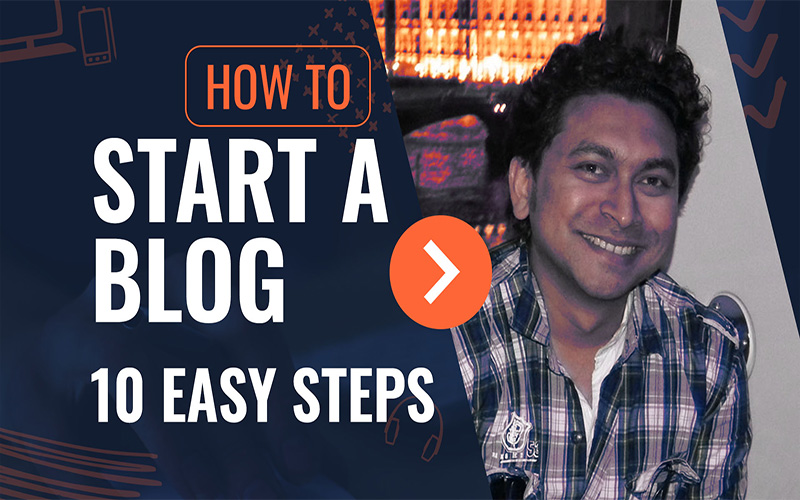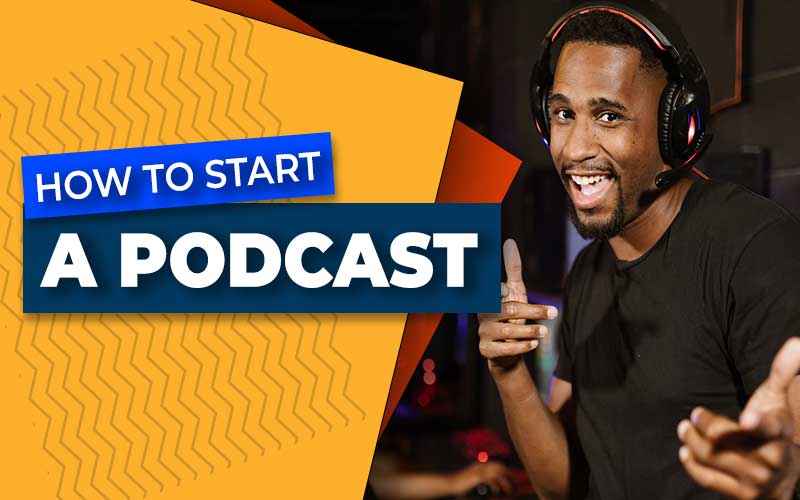Are you struggling to get your content noticed by search engines and your target audience? Do you Want to boost your marketing efforts and increase visibility?

Optimizing your content for search engines is crucial to boost your marketing efforts and reach a wider audience.
Look no further! Here, I’ll share my top tips on how to optimize content for search engines. Learn the secrets to attracting more organic traffic, improving your rankings, and driving targeted leads.
Discover the power of keywords, meta tags, and other optimization techniques that will skyrocket your online presence.
Don’t let your valuable content go unnoticed—join me on this journey to supercharge your marketing strategy and achieve the success you deserve. Get ready to unleash the true potential of your content!
In this article, we’ll explore some effective strategies and techniques to help you optimize your content for search engines and take your marketing to the next level.
Key Takeaway:
- Conduct keyword research to target relevant and high-traffic keywords.
- Optimize your headlines and meta descriptions with target keywords.
- Structure your content with headings and subheadings for better readability and SEO.
- Use internal and external links to build authority and improve user experience.
- Optimize your images with alt tags and file names.
- Write high-quality, relevant, and engaging content.
- Use analytics tools to track your SEO progress and adjust your strategy accordingly.
In this article, you’ll learn how to optimize your content for search engines and boost your marketing efforts.
From conducting keyword research to structuring your content and using analytics tools, we’ll provide you with actionable tips and techniques to improve your SEO and reach a wider audience.
Whether you’re a beginner or an experienced marketer, this article will help you take your content marketing to the next level.
How to Optimize Content for Search Engines and Boost Your Marketing
STEP 1: Conduct Keyword Research
- Identify relevant keywords and phrases for your content
- Use keyword research tools to find high-traffic and low-competition keywords
- Analyze your competitors’ keywords to find new opportunities
- Create a list of primary and secondary keywords for each piece of content
STEP 2: Optimize Headlines and Meta Descriptions
- Use target keywords in your headlines and meta descriptions
- Write compelling and descriptive headlines to attract clicks
- Keep meta descriptions under 155 characters and include a call-to-action
- Use power words and emotional triggers to make your headlines stand out
STEP 3: Structure Your Content for SEO
- Use headings and subheadings to organize your content
- Use H1 tags for your main headline and H2 and H3 tags for subheadings
- Use bullet points and numbered lists to break up content and improve readability
- Keep paragraphs short and use white space to make your content more visually appealing
STEP 4: Use Internal and External Links
- Use internal links to other relevant content on your site
- Link to high-authority external sources to provide more value to readers
- Use descriptive anchor text for links to help search engines understand the content
- Avoid linking to irrelevant or low-quality sites
STEP 5: Optimize Images for SEO
- Use relevant and descriptive file names for your images
- Compress your images to improve page load times
- Use alt tags and title tags to provide context for your images
- Use responsive images to improve user experience on mobile devices
STEP 6: Write High-Quality and Relevant Content
- Write for your audience and provide value with each piece of content
- Use target keywords naturally and avoid keyword stuffing
- Use data, statistics, and examples to support your claims
- Edit and proofread your content for grammar, spelling, and punctuation errors
STEP 7: Use Analytics Tools to Track Your Progress
- Use Google Analytics to track your website traffic and behavior
- Use Google Search Console to monitor your search engine rankings and performance
- Monitor your keyword rankings and adjust your strategy accordingly
- Use A/B testing to experiment with different strategies and improve your results
?PROS
- Increased visibility and organic traffic through search engine optimization.
- Improved chances of reaching and attracting your target audience.
- Opportunity to establish authority and credibility in your industry.
- Enhanced user experience through optimized content structure and readability.
- Potential for long-term growth and improved marketing performance.
CONS?
- Requires time and effort to research and implement SEO strategies.
- Constant need to stay updated with evolving search engine algorithms.
- Balancing SEO optimization with creating valuable and engaging content.
- Competition with other websites and brands for search rankings.
- Results may vary, and immediate impact on marketing may not be guaranteed.
FAQs:
What is content optimization for search engines?
Content optimization for search engines is the process of optimizing your website’s content to rank higher in search engine results pages (SERPs).
Why is content optimization important for my website?
Content optimization is important because it helps search engines better understand what your website is about and can increase the visibility and traffic to your site.
What are some tips for optimizing content for search engines?
Tips for optimizing content for search engines include using relevant keywords, creating high-quality content, optimizing titles and meta descriptions, and optimizing images.
How can I improve my website’s ranking in search engine results pages?
You can improve your website’s ranking in search engine results pages by optimizing your content for search engines, building high-quality backlinks, improving website speed, and providing a good user experience.
Can content optimization be done for existing content on my website?
Yes, content optimization can be done for existing content on your website by updating and improving the content, optimizing titles and meta descriptions, and adding relevant keywords.
How often should I optimize my website’s content for search engines?
It’s recommended to regularly review and update your website’s content to keep it fresh and relevant for search engines and your audience.
Wrapping up :
Optimizing your content for search engines can have a significant impact on your website’s visibility and traffic.
By following these steps and best practices, you can create content that not only ranks higher in search engine results pages but also engages your audience and drives conversions.
Remember to regularly review and update your content to stay relevant and competitive in your industry. Happy optimizing!
- Key Takeaway:
- How to Optimize Content for Search Engines and Boost Your Marketing
- STEP 1: Conduct Keyword Research
- STEP 2: Optimize Headlines and Meta Descriptions
- STEP 3: Structure Your Content for SEO
- STEP 4: Use Internal and External Links
- STEP 5: Optimize Images for SEO
- STEP 6: Write High-Quality and Relevant Content
- STEP 7: Use Analytics Tools to Track Your Progress
- FAQs:
- Wrapping up :




